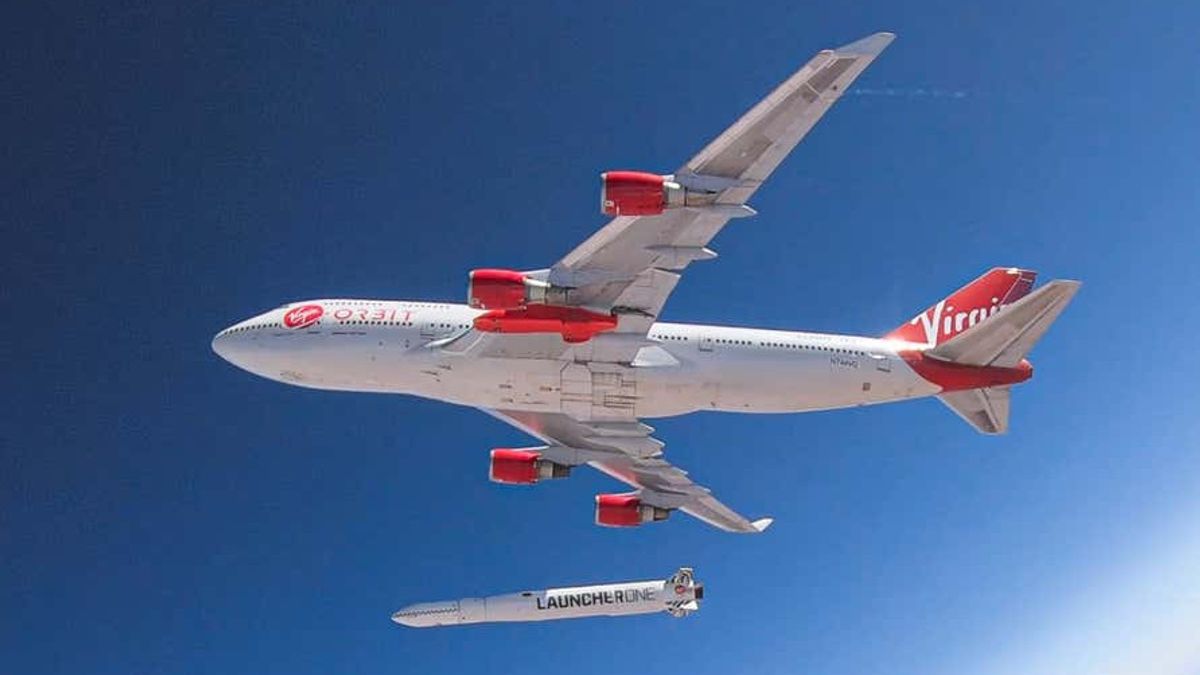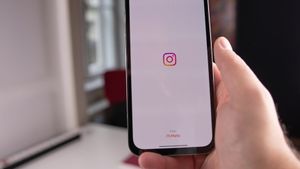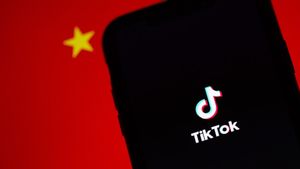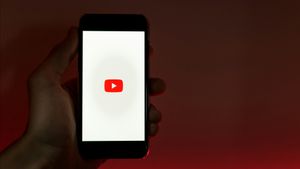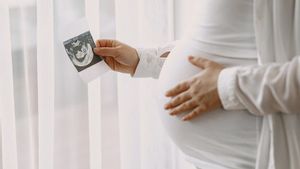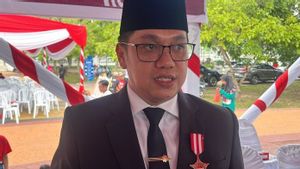JAKARTA - Virgin Orbit, billionaire startup Richard Branson is reported to have gone bankrupt. The reason is claimed because it continues to fail the launch of a space mission.
"As Virgin Orbit begins this line, management and employees would like to express their sincere gratitude to all stakeholders," Virgin Orbit said in her official statement.
Virgin Orbit's legacy in the space industry will always be remembered. Its innovative technology, the pursuit of relentless advantages, and the unshakable commitment to advancing the air launch limit have left an indelible imprint in the industry, "he added.
The company's losses began in January, when it launched a LauncherOne rocket carrying nine satellites, including hardware for the National Reconnaissance Office, United States (US).
If this mission succeeds, it will be the first orbital launch of the UK. However, it failed due to anomalies. Causing its share price to fall, making Virgin Orbit unlikely to get more funding, and starting to experience cash flow problems.
In the end, the company was forced to lay off 85 percent of its employees or about 675 people in March. However, Virgin Orbit still maintains a small team to survive.
Even so, these efforts failed and the company went bankrupt, then sold its assets and closed them for good.
The auction bid earlier this week reached a total of around 36 million US dollars equivalent to Rp. 537 billion. Six or more of Virgin Orbit's rockets, which are in various stages of manufacturing assembly, and their intellectual property, have not been sold.
Virgin Orbit will also sell its Long Beach, California, USA-based headquarters and some equipment for 16.1 million US dollars to space company Rocket Lab.
Virgin Orbit's 747 jet, dubbed the Cosmic Girl, and other aircraft assets, will be annexed by the portfolio company Cerberus Stratolaunch for $17 million.
Its Mojave, California, US-based facility is also provided to its subsidiary Vast launches for US$2.7 million. This was quoted from CNBC International and New Scientist, Thursday, May 25.
The English, Chinese, Japanese, Arabic, and French versions are automatically generated by the AI. So there may still be inaccuracies in translating, please always see Indonesian as our main language. (system supported by DigitalSiber.id)
